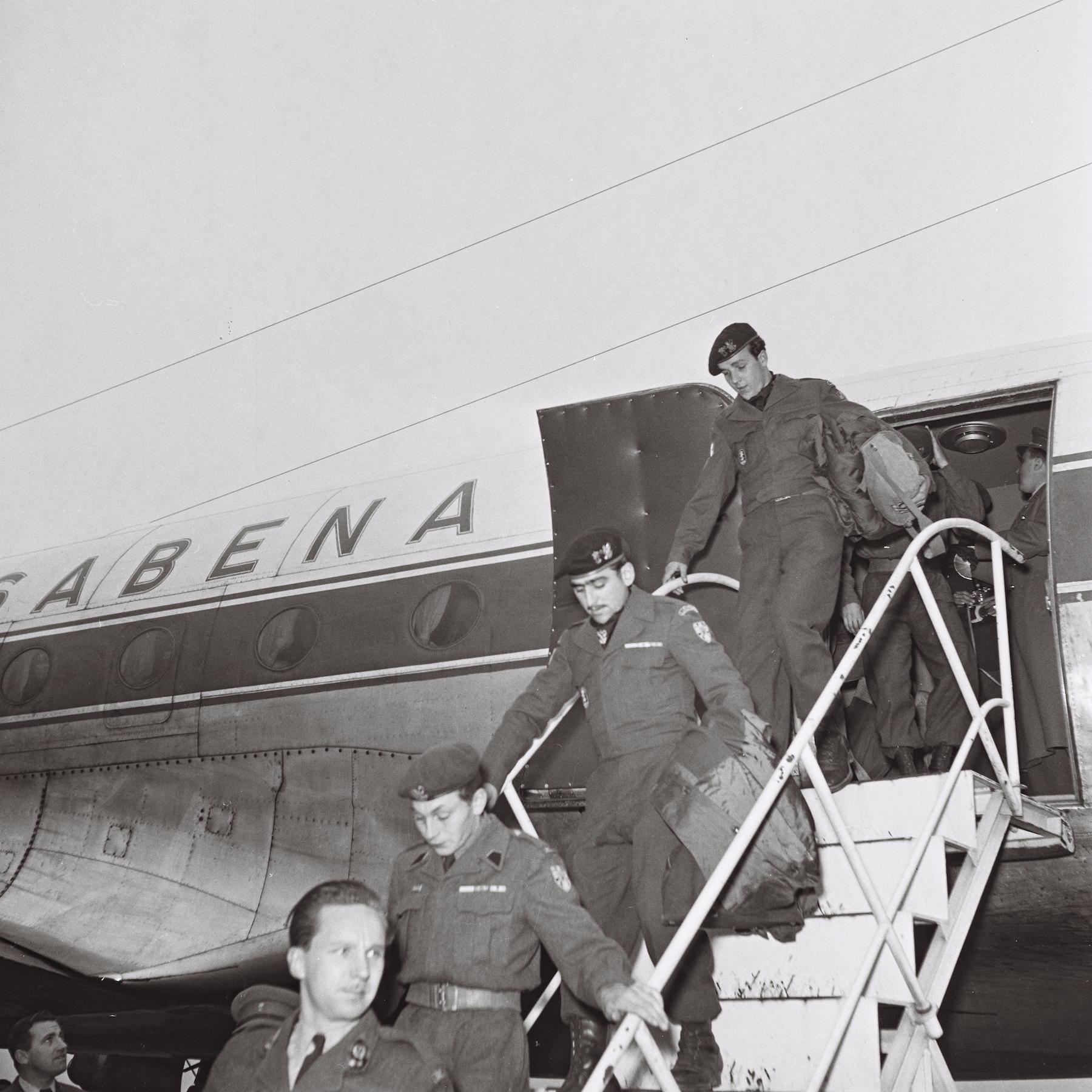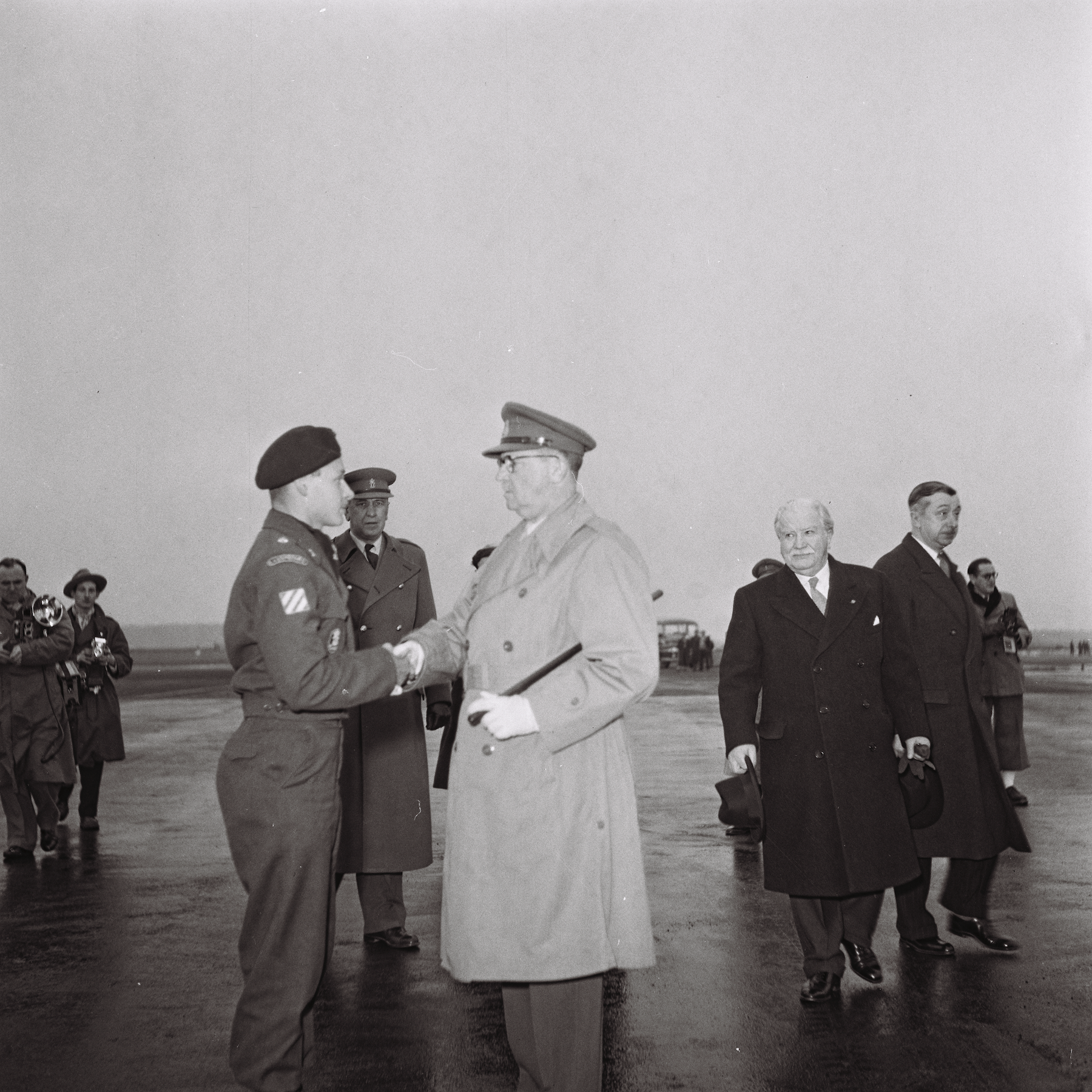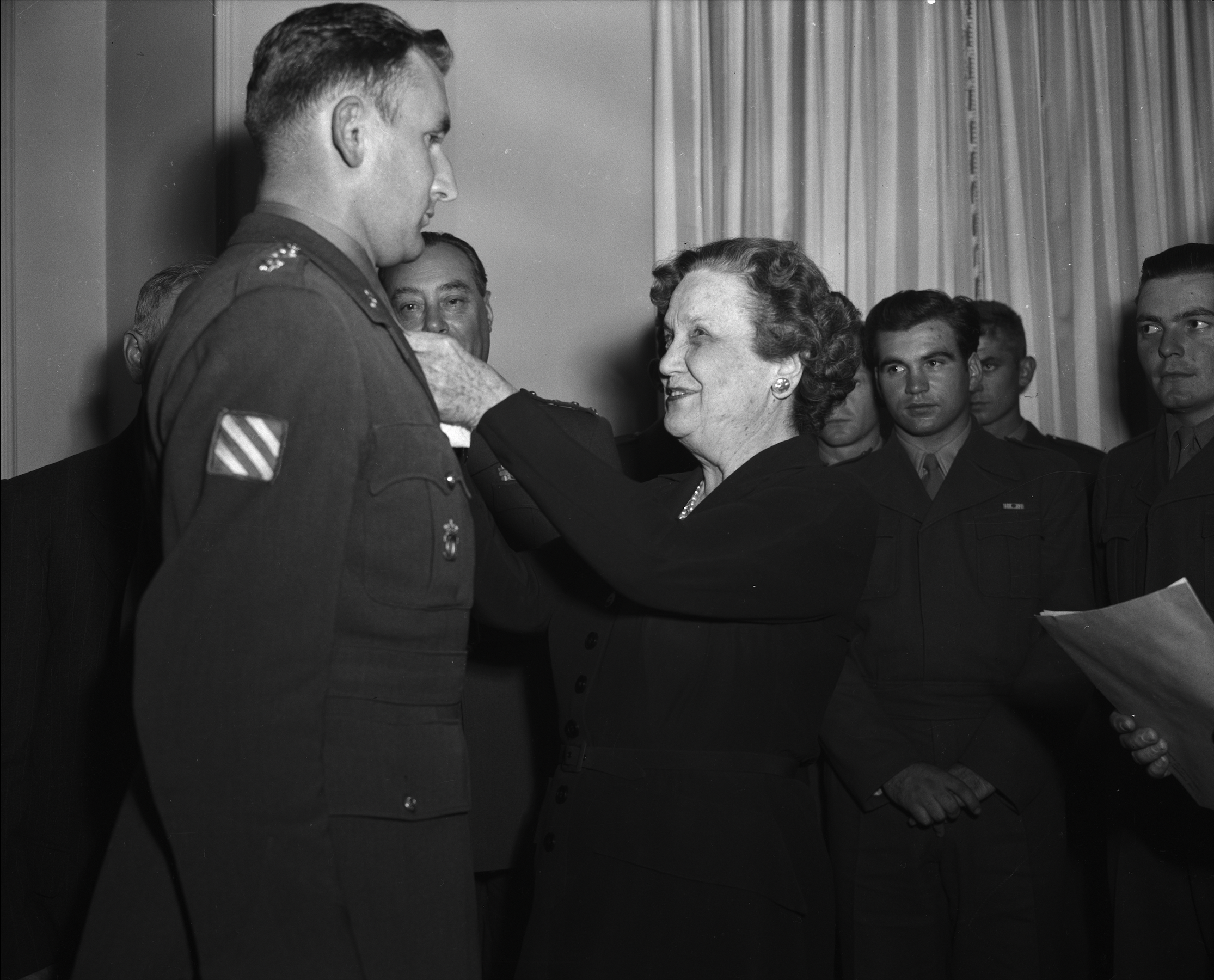
"FORGOTTEN WAR"?
Following the return of most of the volunteers of the second detachment in January 1953, and at the latest after the signing of the armistice at Panmunjom on 27 July 1953, the Korean conflict no longer aroused much media interest in Luxembourg. In 1954, the country participated in the Geneva Conference, which had a dual objective: to restore peace in Korea and Indochina. Although the negotiations on Indochina were successful after the French defeat at Dien Bien Phu, the Korean part of the discussions was a total failure. This diplomatic impasse consecrated the de facto division of the peninsula and confirmed the status quo of 1953, a reality that has remained unchanged to this day.
These circumstances, as well as the relatively limited number of Luxembourg volunteers, explain why the memory of the Korean War faded rather quickly in the Grand Duchy, despite the efforts of veterans seeking national recognition. Like the Spuenienkämpfer - the anti-fascist volunteers of the Spanish Civil War (1936-1939), the Koreakämpfer mostly felt aggrieved by an alleged lack of public interest in their cause: the defence of democracy threatened by totalitarian aggression.
RESONANCE IN LUXEMBOURG
The first detachment made its return trip to Europe on board of the ship USNS Mac Rae on 2 October 1951. The second detachment was re- patriated by plane.
Of the 85 volunteers, 19 received one or more individual citations. Of the 23 commendations, 13 were awarded to the first and 10 to the second contingent. The soldiers also received several Unit citations. All the vo- lunteers received American, Belgian, Korean and Luxembourg medals and several UN awards.
Particular attention was paid to the two dead of the 2nd detachment: Sergeant Robert Mores and Corporal Roger Stutz. On 15 March 1953, their mortal remains arrived in Zeebrugge, from where they were transfer- red to Luxembourg City for a solemn funeral on 17 March 1953.
Despite the warm welcome, most of the 'Koreans' were bitterly disap- pointed by the promises made to them. Recurrent controversies arose over the cancellation of promotions and seniority bonuses and the lack of support from the authorities and of concrete benefits within the Army. In addition, official recognition measures demanded by veteran organizations, such as pensions, were only granted belatedly.






